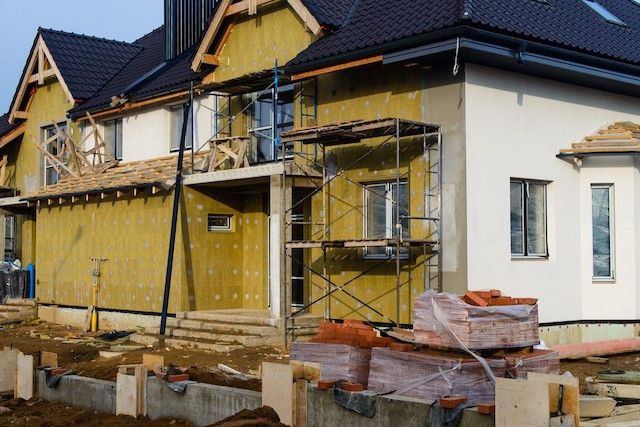The scheme was first launched in May last year as the construction sector emerged out of lockdown. "We want to support local craftsmen now, when it is most needed," environment minister Carole Dieschbourg said at the time.
The so-called Prime House subsidy is awarded on a per square metre basis, for example for better insulation of roofs, walls and windows. It existed before the coronavirus crisis but the amount of money the government contributes has been increased by up to 50%.
There are also more funds to install solar thermal systems, heat pumps or pellet heating systems.
For both kinds of refurbishment, contracts need to be signed by 31 December but works don’t have to be billed until 31 December 2023. For solar panel subsidies, bills must be dated 31 December 2021.
Funds are also available to make new builds more sustainable, as long as planning permission was requested prior to the end of this year and works are completed by the end of December 2024.
A new comprehensive programme of financial aid for construction will be put in place to start on 1 January 2022, when the current aid scheme expires, the government said.
Energy minister Claude Turmes in May last year did not say how much money the government had set aside for the programme, explaining this would depend on demand.
The environment ministry did not immediately respond to a request for comment on the number of applications for the Prime House subsidy filed since last year or the sum of subsidy requests granted.
The skilled trade sector employs 90,000 people in Luxembourg at 7,000 companies, most of them small and medium-sized enterprises.
The government estimates that there are around 200,000 housing units that are more than ten years old and could be refurbished to meet the latest energy standards.
Luxembourg spends between €20 million and €25 million annually on energy subsidies. The increase in funds as part of the economic recovery package known as Neistart Lëtzebuerg aims to incentivise people to spend even amid low consumer confidence as the pandemic bite lasts.
